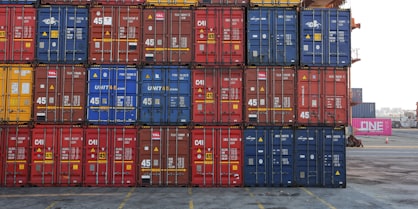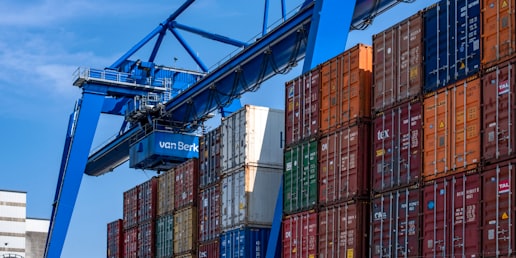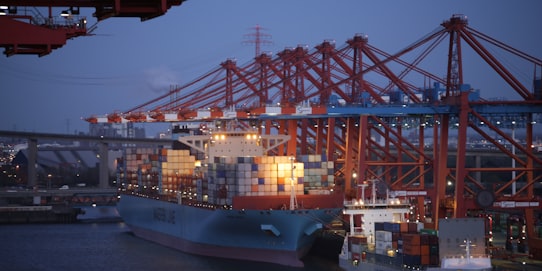
Spot rates have experienced a continuous decline over the past several months. In response, shipping lines face two possible strategies.
One option is to increase blank sailings, reducing supply and halting the decline in spot rates. The other would be that despite the decline, spot rates are still much higher than before the Red Sea crisis and the pre-pandemic levels, which would potentially incentivise shipping lines to book as much cargo as possible at current rates, to capitalise on this.
“The...
https://container-news.com/sea-intelligence-reports-sharp-drop-in-blank-sailings/
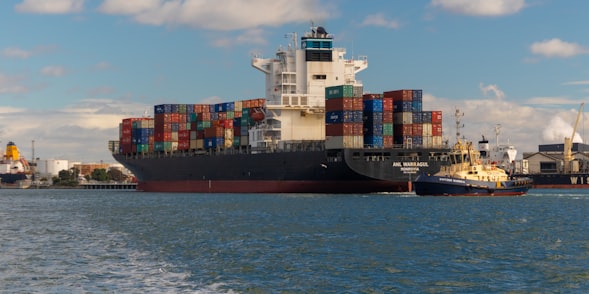
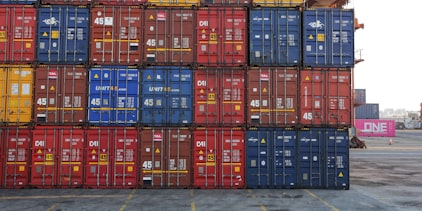





 “Source:...
“Source:...